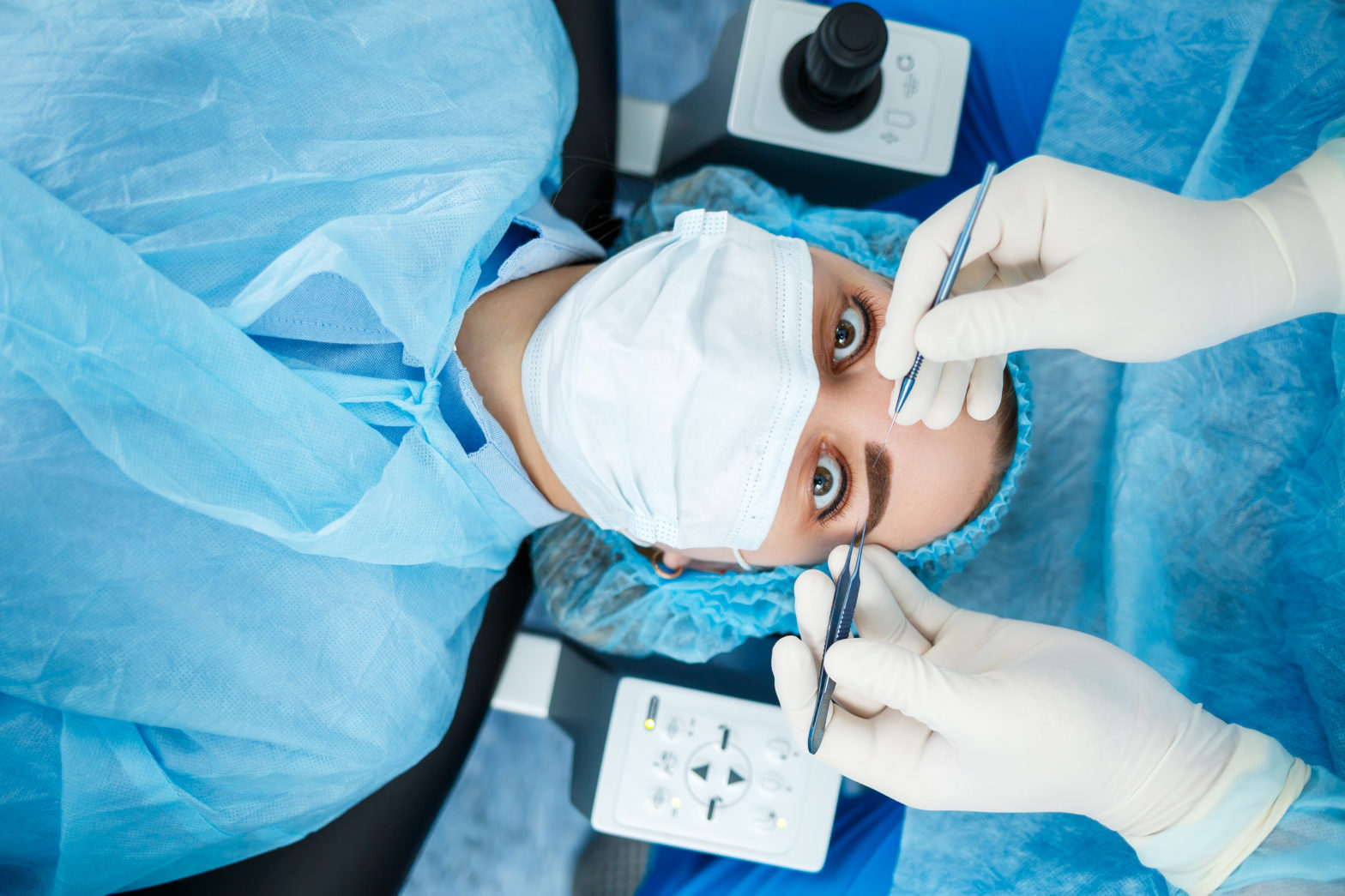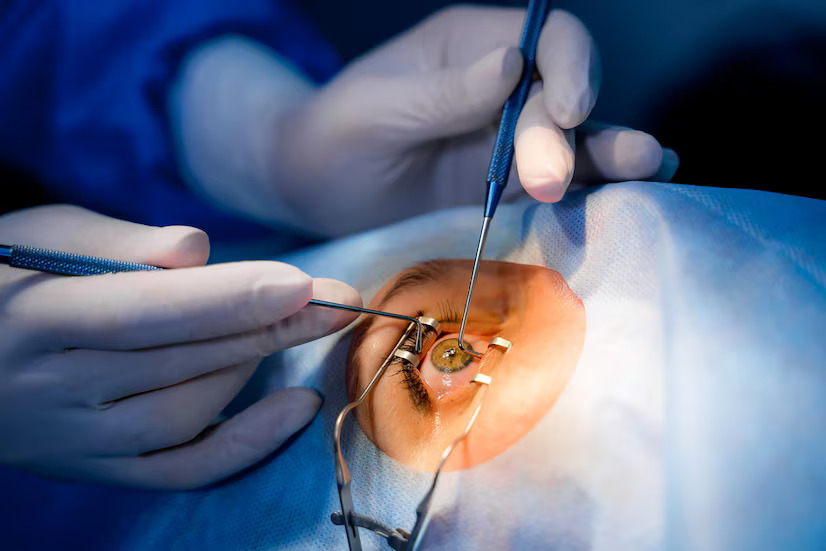Cataract is one of the most common and important causes of blurred vision in old age. As an ophthalmologist, I often get this query from the patients or their relatives- “Is it the right time to get operated for cataract?”. I always feel that it is a kind of rhetorical question. The best person to judge the right time are none other than patients themselves. In some scenarios, where patient is unable to decide for themselves, the second-best person to consult is your eye doctor. So, I realised that it is my responsibility to educate patients and give them the knowledge they need so that they can make an independent and well-informed decision regarding cataract treatment. Cataract patients should ask themselves these set of questions and the genuine answers to these questions will guide them regarding the time for cataract surgery.
Can I manage my daily routine OR professional activities efficiently without any eye problems?
In the presence of cataract, vision becomes blurred and often impacted by the intensity of light in the surroundings. Sometimes colour perception may get affected and patients start seeing yellowish tinge in everything. There is lack of contrast sensitivity (ability to identify borders of object or distinguish finer increments between light shades versus dark shades of colours). In some cases, glare at night especially while driving increases. All these complaints can make routine activities like watching television, reading, cooking, sewing, driving etc. difficult. In this scenario, patient should opt for cataract surgery irrespective of the stage of cataract.
Am I finding any difficulty in doing outdoor activities which I used to enjoy earlier?
One of the symptoms of cataract is glare i.e. mild to moderate intolerance to light. There can be severe photophobia in advanced cataract cases. Perception of depth can get affected in cataract. Such issues affect outdoor activities like playing outside (cricket, golf, skiing, surfing), evening walks, night driving etc. It is a well observed fact that a fall during morning walks (when light is dim) in old age is due to impaired vision, inability to watch steps makes them more prone for injury & compromises their safety. In setting of low light, cataract patients can observe halos or glare. This directly affects ability to drive at night. For those who are enthusiastic drivers, they become dependent on others for going out at night. Cataract surgery can provide them crystal clear vision and one can enjoy all these outdoor activities as one used to in pre-cataract state.
When patient is delaying cataract surgery due to some personal/ medical/economic reasons, we always help them by suggesting some temporary measures like change of glasses, use of magnifiers, maintaining bright light at home, etc. But these measures are temporary and do not help them for a longer time.
By denying cataract surgery, patients are denying themselves a crystal-clear vision which they can get after undergoing cataract surgery. Sometimes in early stages, if doctor finds that surgery can be delayed, we suggest such patients to change glasses. If there is frequent change in glasses due to progression of cataract, it is better to opt for surgery because frequent change of glasses brings an unnecessary monetary burden besides imperfect vision.
There are few scenarios in which ophthalmologists suggest surgery in early stages of cataract like glaucoma, diabetic retinopathy etc. In some forms of glaucoma, cataract surgery can help bring down the intra ocular pressure, so that pressure fluctuation can be managed with minimal anti glaucoma drops and better interpretation of perimetry results can be done. Cataract surgery may be advised early in patients with diabetic retinopathy if the cataract is interfering with the treatment of diabetic retinopathy. In advanced stages of cataract, there is no benefit in delaying surgery and patient should get the cataract surgery done at the earliest.
In a nutshell, there is no standard and perfect time for undergoing cataract surgery. It depends upon degree of blurred vision, lifestyle, and personal preferences. This call should be taken in consultation with the eye doctor you trust. Cataract surgery is the best option to get back to the life you once had and to often have childlike glass free vision!









